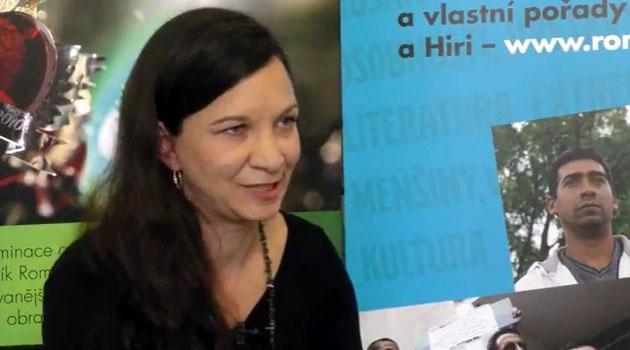European Roma Grassroots Organisations network to European Commission: Member States don't find discrimination a priority

On 26 February 2020, in the framework of the 2020 European Semester, the European Commission (EC) published its so-called Winter Package, comprising 28 “Country Reports 2020” (still including the United Kingdom), and its usual “Communication on Country Reports“. The Brussels office of the European Roma Grassroots Organisations (ERGO) network has issued a press release warmly welcoming explicit mention of the European Roma in the “Communication on the Country Reports”, which states: “Equal access to high-quality education and training from an early age is also essential to promote equality of opportunities and to foster inclusion, including of underrepresented groups such as Roma…”.
ERGO is, however, disappointed that the Roma are mentioned exclusively under education and training. There are no references to the fact that Roma people in Europe face poverty and social exclusion at rates of over 80% in most Member States, that their employment, health, housing and other indicators are extremely low compared to the majority of the population, and that antigypsyism and discrimination against Roma continue to be rampant.
That approach is mirrored by the vast majority of the individual Country Reports included in the Package, according to ERGO Network and its national members. Read below the Key Messages derived from their analysis, and access the full analysis here.
ERGO’s Key Messages on the Winter Package
1. Only six Country Reports explicitly refer to the Roma, despite most Roma across Europe experiencing severe discrimination, marginalization, segregation, poverty, poor living conditions, and very low employment, education, and health outcomes.
2. The National Roma Integration Strategies are not given enough prominence and support in the vast majority of Country Reports, evidencing that the EU Roma Framework has yet to be effectively integrated into the European Semester and its processes.
3. The national approach to Roma rights and inclusion continues to be piecemeal in most countries, while a comprehensive, integrated policy response, rooted in realities across all social areas and tackling antigypsyism, is lacking.
4. The approach to Roma communities is consistent with an unfortunate lack of prioritizing issues related to any ethnic minorities, or any issues related to discrimination, throughout the Country Reports.
5. Civil society organisations (CSOs) are only rarely mentioned as key partners in the design, implementation, and monitoring of public policies; this lack of involving CSOs weakens the effectiveness of interventions and undermines civil society ownership of policy as well as democratic decision-making processes about policy.
